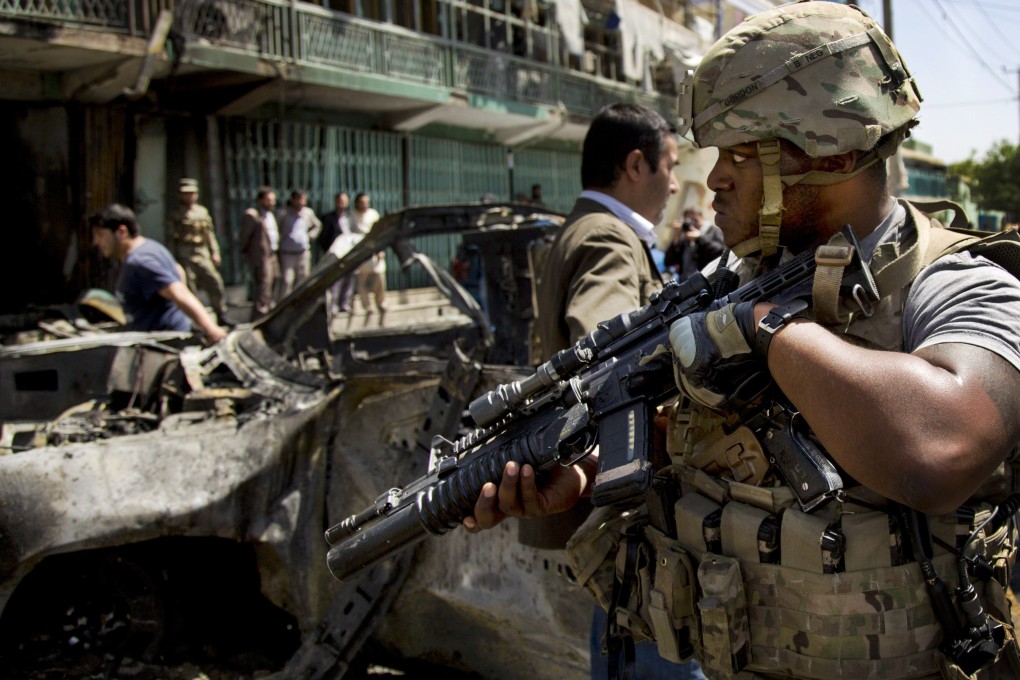Opinion | US’ decision to withdraw from Afghanistan sends shudders through South Asia
- The decision for an unconditional withdrawal is creating a triumphant jihadist narrative, enthusing groups across South Asia with deep al-Qaeda ties
- With Isis degraded and the Taliban weakened, the post-US Afghan power vacuum is ripe for exploitation by opportunistic militant groups

Indubitably, the US staying on in Afghanistan would have been a recipe for more war and the outcome would have been somewhat similar, irrespective of when America left. But the decision for an unconditional withdrawal is creating a triumphant jihadist narrative. Triumphalism that another great power has been defeated in Afghanistan will enthuse a plethora of jihadist groups in South Asia.
Though the terrorist threat to the US homeland and the West does not emanate from Afghanistan – most of it is home-grown or has moved to the Middle East and Africa – it can still become the hub of transnational terrorism.
Even if the direct terrorist threat to the US and the West does not emerge from Afghanistan, developments there will still shape jihadist narratives, agendas and operational strategies in the Middle East and Africa, and inspire home-grown jihadists.

